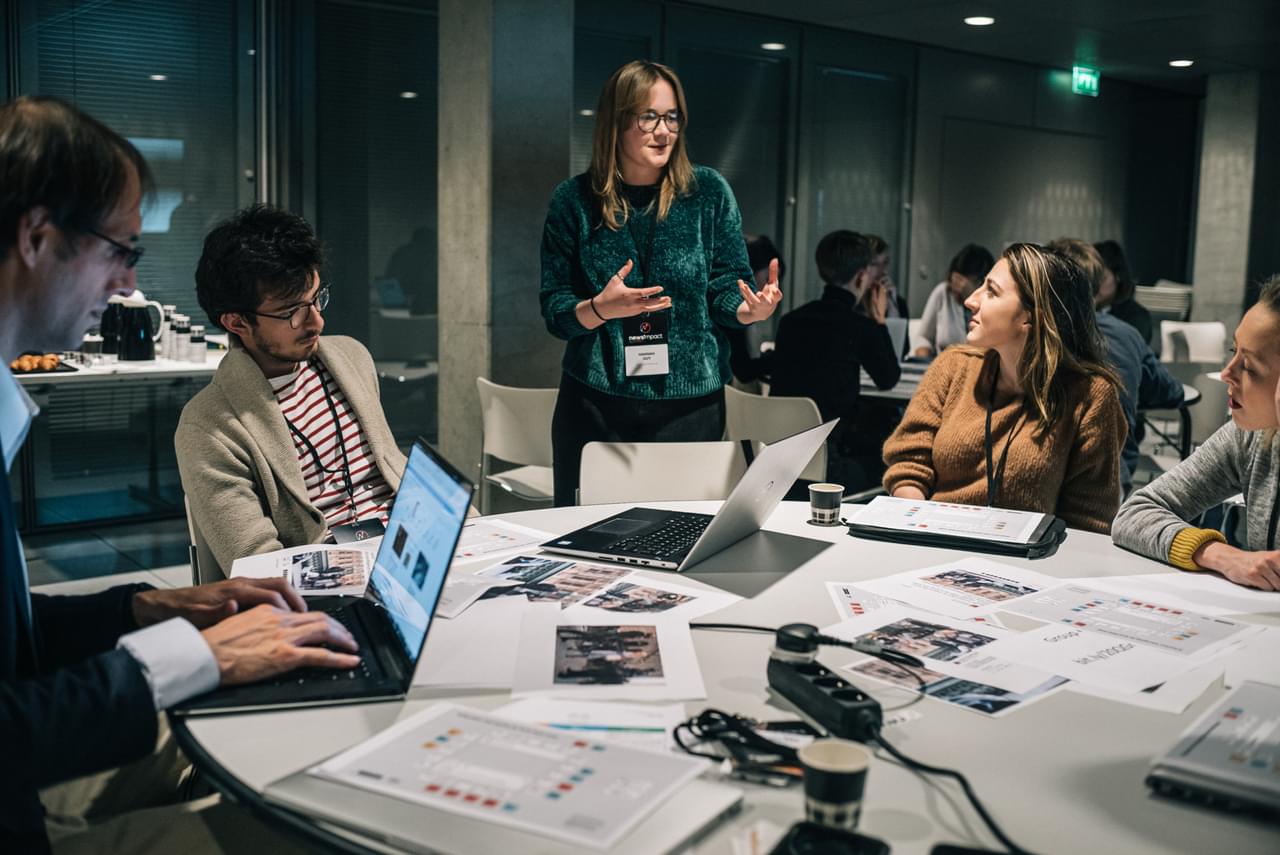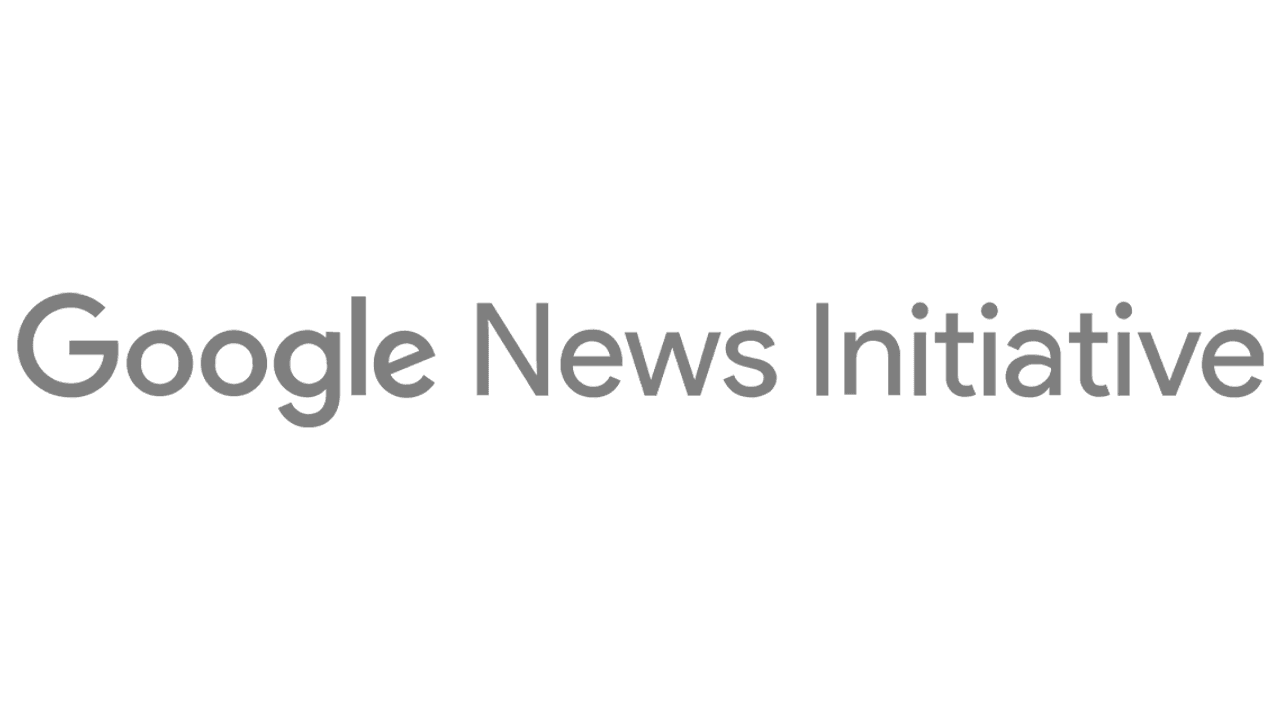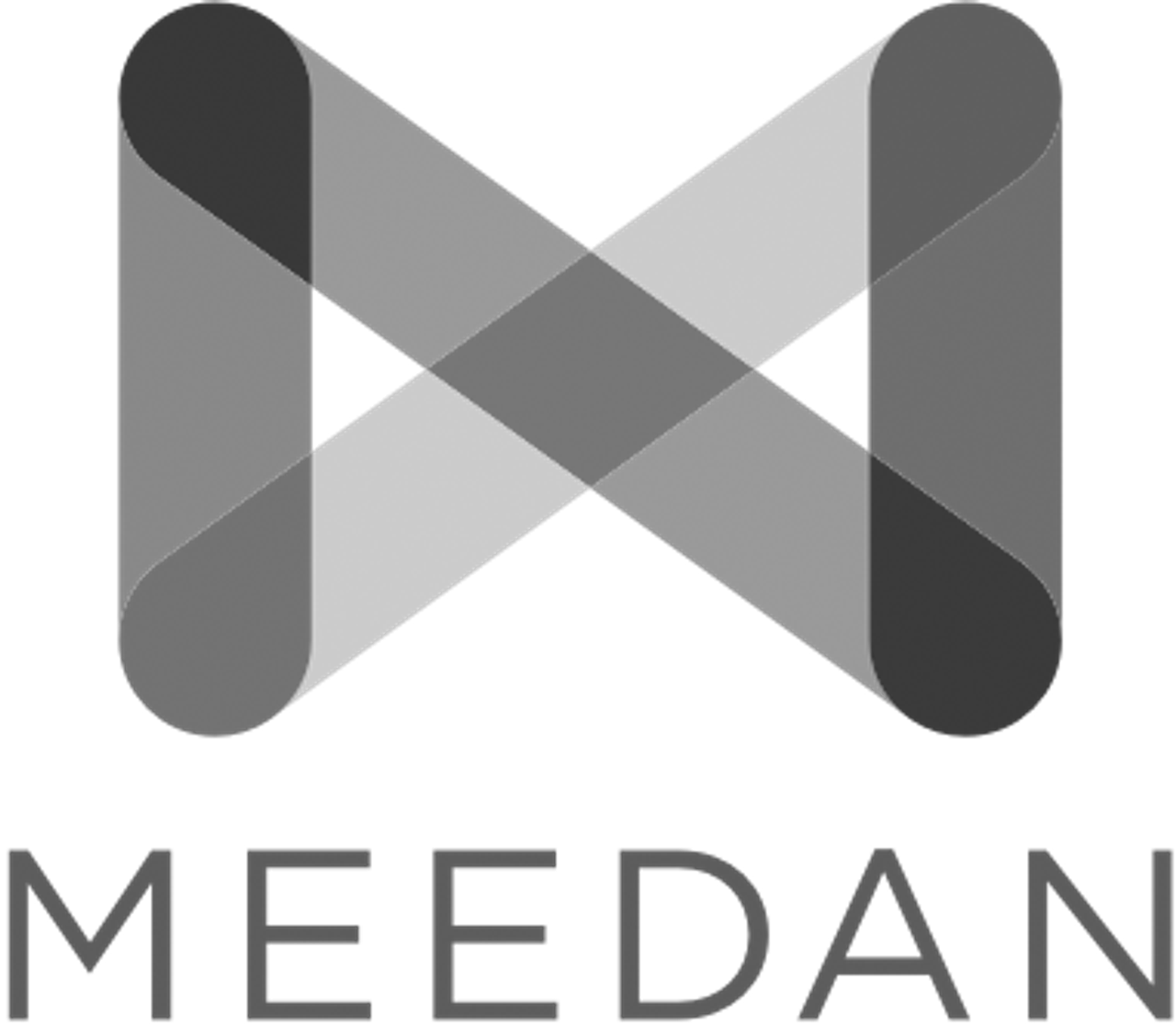Programme


On Friday 15 November, the News Impact Summit will take place in Lyon.
The media have an irreplaceable role in covering politics and the election process. This has come under pressure from increasing misinformation and distrust in politics, institutions and the media itself. Fakes are becoming deepfakes, political polarisation creates a partition in online debates and algorithms fundamentally change the creation and consumption of news. This summit will address the challenges media face related to trust and truth in the digital age. Can technology leverage or disturb the coverage of politics with reliable information? How to report facts when the idea increases that facts are subordinate to beliefs? How can the media reach out and engage with younger audiences and underprivileged communities when covering politics?
We will discuss deepfakes, bots, and improved algorithms. We will look into design thinking for tackling misinformation and how audio and video are being used to improve storytelling and take the political debate to new audiences. Fact-checkers, journalists, the media and its partners will sit together to discuss new collaborative ways to cover balanced and fair political reporting in the misinformation age.
The event is organised by the European Journalism Centre and powered by the Google News Initiative and the entrance is free.
Programme
Pick up your badge, grab a coffee, meet someone you don't know yet, and get ready for an inspiring day.
Speaker
Data + Local is the only French initiative that managed to bring together over 20 data journalists from local newsrooms across the country. They have teamed up to promote access to public data at the local level. Their collaborative effort lies in fact-checking and data verification to conduct investigations on the most pressing topics for local communities. We will learn how the project was born and what are the Data + Local plans’ for the election season.
Speaker
1. Big tech & disinformation: what are the main threats and how can journalists counter them to protect democracy?
With Scott Hale
While Facebook and Twitter have received much attention regarding disinformation in the 2016 US presidential election, we know considerably less about closed networks such as WhatsApp and primarily visual platforms such as Instagram and YouTube. During this talk, we will discuss disinformation threats from social media and the efforts underway to study and counter disinformation on these platforms.
2. Polarisation: what to expect for the upcoming election season?
With Théophile Lenoir
Are the French and European media experiencing the same type of political polarisation that has emerged in the news and social media in the US? How will social media drive polarisation in France in the upcoming elections? Théo Lenoir, who coordinated the study Media Polarisation "à la française"?, comparing the French and American ecosystems, will provide an overview of the French media landscape - its strengths, shortcomings, and challenges ahead of the 2020 election season.
3. The role of memes and online visual culture in shaping national discourse
With Farida Vis
An expert in analyzing social media images, Farida will guide us on how visuals – especially photos, videos, memes – can manipulate journalists and play a significant role in the spreading of misinformation and disinformation during election season. How and why do images spread so easily? What is the impact of their potential to go viral and how can journalists ask the right questions in this changing environment. Farida will introduce the 20 Questions framework developed by the Visual Social Media Lab and First Draft aimed at helping journalists to better interrogate social media images.
Speaker
Journalists and fact-checkers anticipate the main challenges when it comes to fighting misformation and disinformation during the upcoming electoral season in France.
[This conversation will be moderated by David Dieudonné in French, with instant translation into English.]
Speaker
[Please note the breakout session How to prepare for an information crisis hitting the newsroom starts at 11:40 am and has a duration of 1 hour 30 minutes.]
1. Check! Verifying breaking news online
With Scott Hale, Meedan
How can journalists effectively collaborate within or across newsrooms to verify or fact-check social media content and breaking news? We will design a verification process together and learn how Check, Meedan's award-winning platform for news verification, can be used to distribute and scale the process. Scott Hale, Director of Research at Meedan, will also discuss international fact-checking projects including Checkpoint and Verificado.
2. How to prepare for an information crisis hitting the newsroom *
With Jenni Sargent, First Draft
Through the simulation of an information-crisis event, in this session, we will learn how to handle "coordinated disinformation attacks” and build newsroom resilience against manipulation campaigns. Participants will be placed at the centre of a fast-moving, breaking news story that requires them to make complex reporting decisions in real-time. They will then have a chance to reflect on what they have learned to develop strategies for dealing with these kinds of threats in the coming months as the Municipal Elections approach. *This session starts at 11:40 am and has a duration of 1 hour 30 minutes.
3. Ensuring the integrity of journalists' accounts and content online
With Vincent Courson, Google Trust & Safety Communications
During this session, you will learn how to be safer online by protecting your accounts. In the process, you will learn tools and tips to maintain the confidentiality of your investigative work, protect the integrity of your content, and ensure accessibility to the news that you put out.
Note: Don't forget to bring your laptop!
Participants are advised to bring their laptops to fully enjoy the experience during the breakout sessions.
Speaker
Craig Silverman, Media Editor Buzzfeed News, is an expert on online rumors, fake news and media manipulation. Craig will tell us about the new misinformation and disinformation threats and offer suggestions on how to tackle them.
Speaker
1. Bad news game, by DROG: Become a fake news-monger yourself!
With Ruurd Osterwoud, DROG
DROG uses gamification to vaccinate young people against fake news. Join this session to play the game and step into the shoes of a fake news-monger. The makers will share more about the game and the concept of PRE-bunking, a counter desinfo tactic focused on people.
2. Can one image change the political debate?
With Farida Vis & Hannah Guy, Visual Social Media Lab
Join a breakout session that questions social media images and goes beyond verification. Using the 20 Questions framework developed by the Visual Social Media Lab and First Draft aimed at helping journalists to better interrogate social media images, this session will offer an opportunity to work with different image examples and discuss approaches and findings in detail.
3. Fighting misinformation & populism with a verification plugin
With Guillaume Daudin, AFP Factuel
Come and learn how AFP is gearing up for the election season with InVID_EU an open-source plu-gin focused on video verification of eyewitness media whose daily work is to fact-check and verify info across 25 countries and 9 languages.
Note: Don't forget to bring your laptop!
Participants are advised to bring their laptops to fully enjoy the experience during the breakout sessions.
Speaker
1. Europe Talks: The political Tinder that pairs you up with your opposite
with Philip Faigle
Does the EU improve the lives of its citizens? Should European countries increase taxes on gas to save the climate? Are there too many immigrants in Europe? Faigle will explain how an algorithm paired up more than 16,200 participants from 33 European countries, with divergent political views, to debate such issues face-to-face, all at the same time.
2. Crosscheck information with your neighbor
with Jenni Sargent
Drawing on experience managing newsrooms collaborations during elections in seven countries with CrossCheck, and the latest research from examples around the world, Jenni will discuss the end-to-end challenges and opportunities with collaborative initiatives. From procedural and technical challenges to protecting journalists from threats, she will share what we can learn from past experiences and what we should be aiming for in the future.
3. Trust or how to take the political debate to the youth and the suburbs
with Johan Weisz & Inès Belgacem
Johan and Ines will tell us why StreetPress, an urban magazine with a popular YouTube channel, focuses its coverage on trust to get privileged access to underserved communities outside the big cities. Their plans for the political season are less about polls and votes, and more about giving voice to those who are on the fringes and bringing their point of views into the political debate.
4. Hyperlocal fact-checking & “Call to Action”, a ‘Solutions Journalism’ recipe for the elections
with Aurore Malval
A stalwart of solutions journalism backed by the local community, Nice-Matin will give the audience a sneak preview of the special feature it is developing to engage readers and deliver a “call to action” as part of the political debate. Hyperlocal fact-checking is the strategy to guarantee the audience will get the facts straight on this new platform.




















